Home > Climate News >
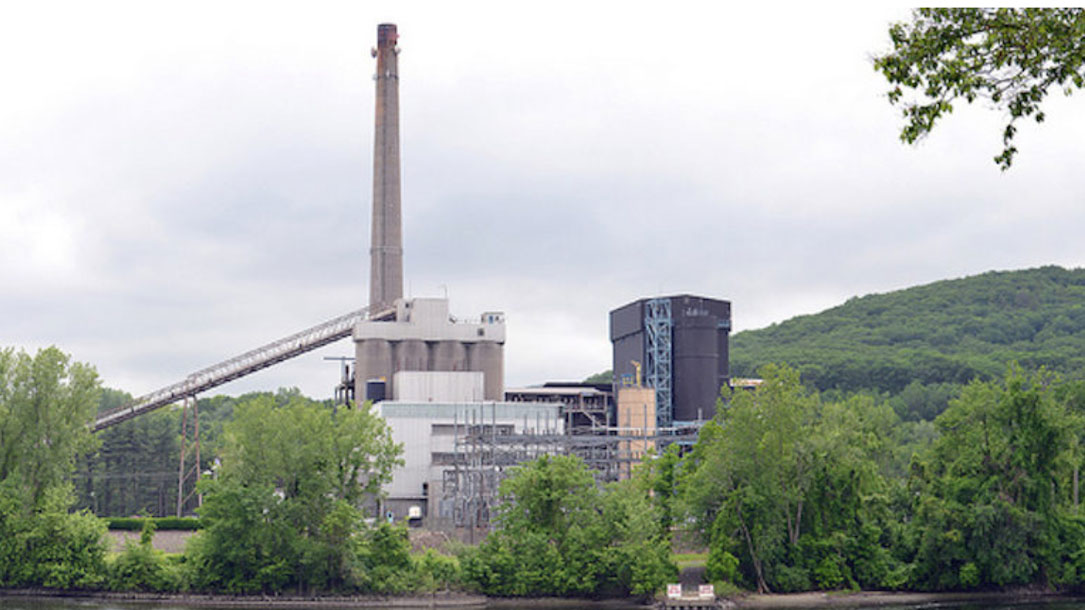
Example: Kestrel Land Trust takes action against climate change with fossil fuel divestment
Kestrel’s mission to conserve and care for forests, farms, and riverways in the Pioneer Valley protects the future health of our planet. They state that “the work we do is impacted by—and has an impact on—the crisis of climate change that is now defining our future. The overwhelming scientific consensus is that the burning of fossil fuels is warming our planet and threatening our global life support systems.
That’s why Kestrel’s Board of Trustees voted to eliminate equity holdings in companies owning fossil fuel reserves in all of the long-term endowment accounts that support their work…”

The great climate silence: we are on the edge of the abyss but we ignore it
After 200,000 years of modern humans on a 4.5 billion-year-old Earth, we have arrived at new point in history: the Anthropocene. The change has come upon us with disorienting speed. It is the kind of shift that typically takes two or three or four generations to sink in.
Our best scientists tell us insistently that a calamity is unfolding, that the life-support systems of the Earth are being damaged in ways that threaten our survival. Yet in the face of these facts we carry on as usual.
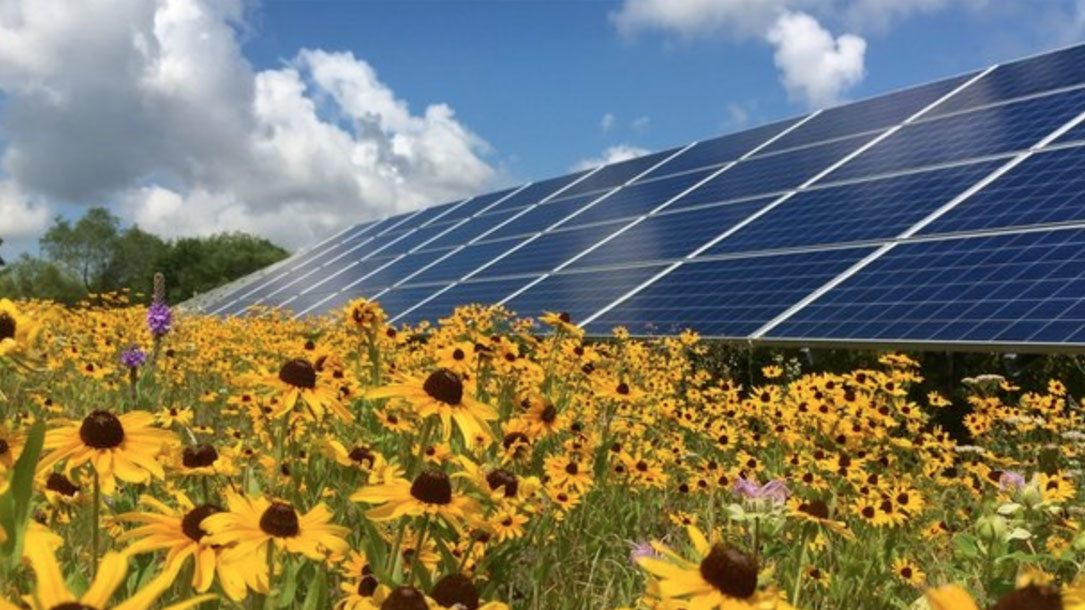
Pollinators, solar, and your land trust
There’s a major opportunity to help slow down climate change and ramp up pollinator gardens with community and large-scale solar.
The timing is critical given new research is documenting that climate change is decimating pollinators of all kinds. As one article notes, “it’s a great year for monarch butterflies [but] climate change means that won’t last.”
Limiting global warming to 1.5°C (and thus saving countless species) would require “rapid and far-reaching” transitions in land, energy, industry, buildings, transport, and cities. Global net human-caused emissions of carbon dioxide (CO2) would need to fall by about 45 percent from 2010 levels by 2030, reaching ‘net zero’ around 2050. This means that any remaining emissions would need to be balanced by removing CO2 from the air.
The good news is that solar pollinator farms can make a big difference. That’s also good news to landowners and farmers who could benefit from the regular income that solar payments provide. For many, that might make the difference between selling out or staying on the land…
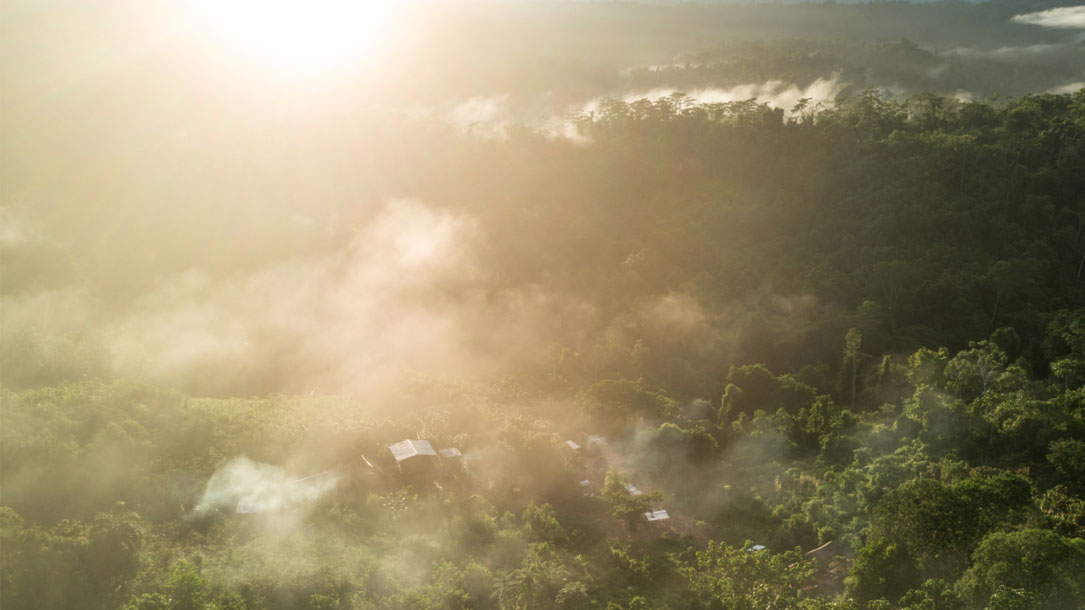
Concerning 2018 Global Warming Special Report
A new report by the International Governmental Panel on Climate Change reveals that if global temperature rise by 1.5°C, humans will face unprecedented climate-related risks and weather events.We are on track for a 3-4°C temperature rise.
It’s the final call; the most extensive warning thus far on the risks of rising global temperatures. If conservationists and land trusts are serious about conserving the living things in their communities they will need to rethink their relationship with renewables in a big way…
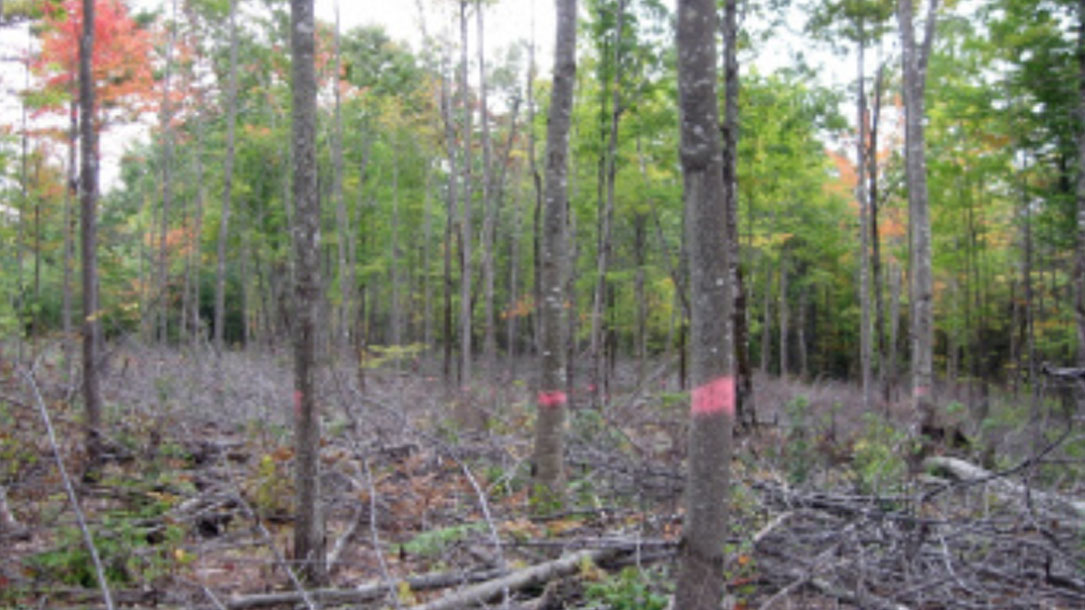
UNH research finds Maine forest management hampering ability of forests to reap climate benefits
Over the last 20 years, Maine’s forests have become younger and less dense. As a result, forests are not providing the most climate benefits that they could through carbon sequestration and storage.
However, more carbon could be stored over the next 100 years with less frequent harvests of smaller amounts of wood from each acre, according to new research from the New Hampshire Agricultural Experiment Station at the University of New Hampshire.
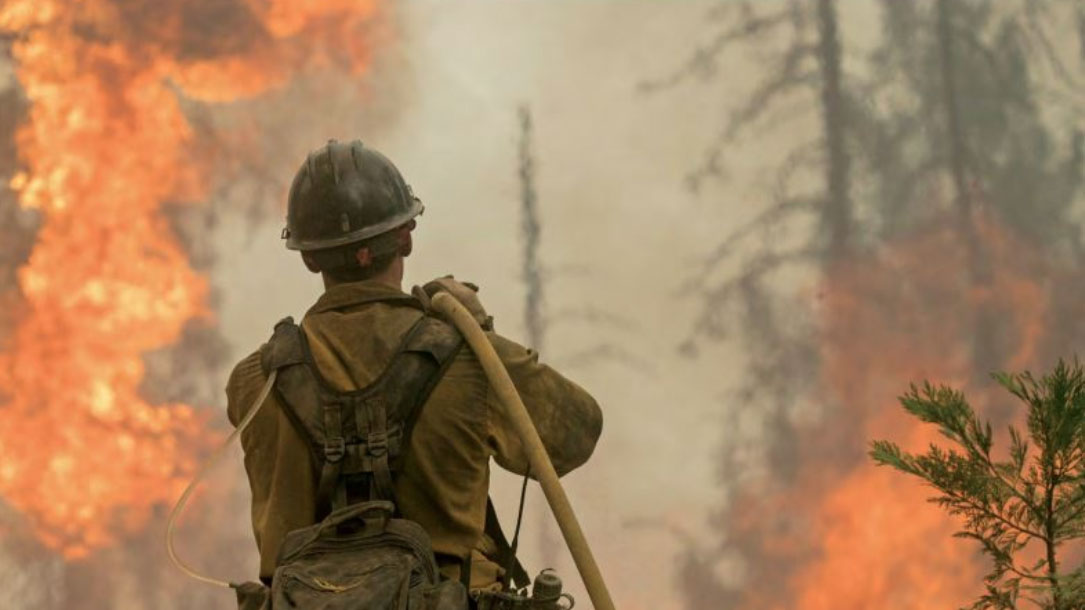
Connecting the dots…climate change action and conservation
The Pacific Forest Trust was one of the leaders in the land trust community in talking about climate change. Their focus on forests, why they matter, and how they are impacted by climate change hasn’t slowed down as they step up to lead, again, in calling for climate change action.
Check out their recent newsletter that brings the reality home and includes steps on what they are doing.
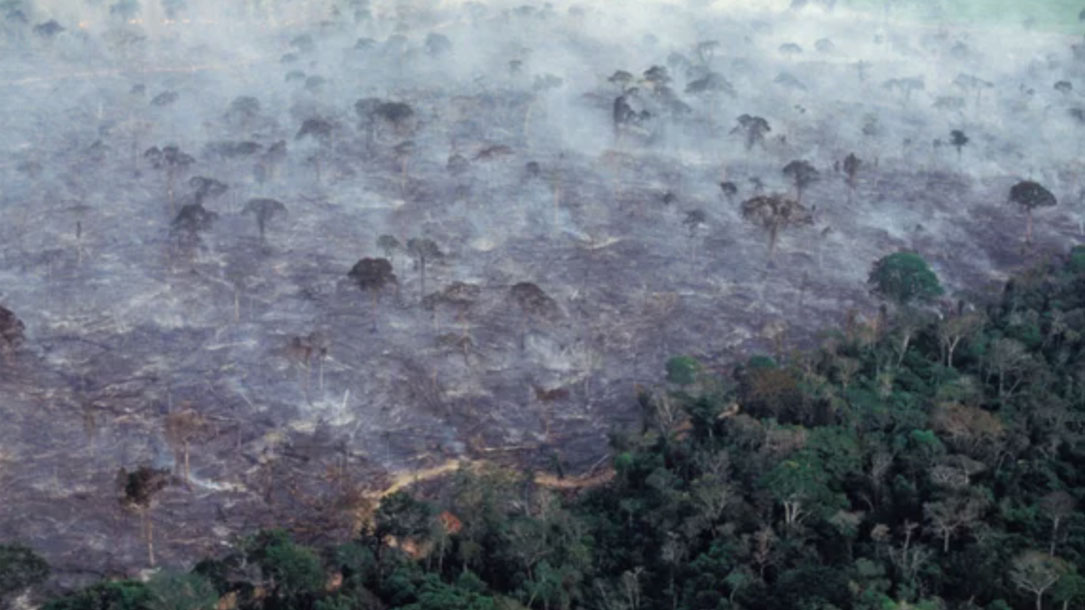
Climate change is becoming a top threat to biodiversity
Warming rivals habitat loss and land degradation as a threat to global wildlife. Climate change will be the fastest-growing cause of species loss in the Americas by midcentury, according to a new set of reports from the leading global organization on ecosystems and biodiversity.

Neighborhood Sun to host free event at Eastern Shore Conservation Center
Increasingly, land trusts are finding ways to help their community connect the dots on why solar is related to their conservation work and how to sign up for local, often community, solar.
This past summer, the Eastern Shore Land Conservancy hosted a program with a local solar provider at their office. You can see their announcement here. Perhaps your local land trust could do this as well.
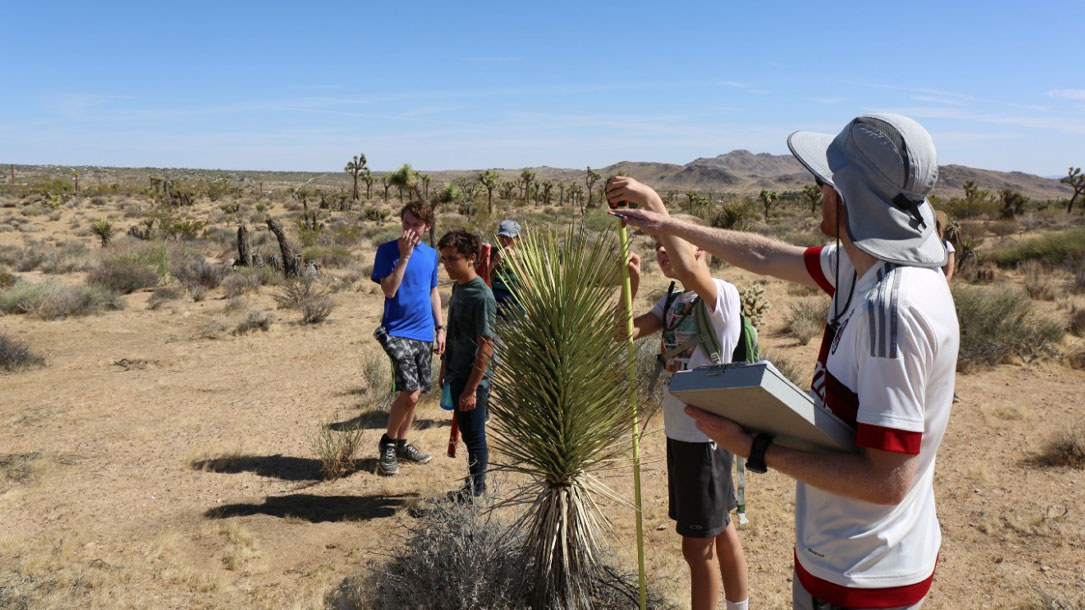
Students tracking climate change through the Joshua tree
The Joshua tree sweep is part of larger vegetation surveys looking at the entire plant community as well as the lizard population in each plot. They will return to each one over the coming years to track changes.
Dedicated crews of local volunteers act as citizen scientists, doing the monitoring once or twice a week. Some drive all the way from Los Angeles to take part. High school and college groups have been involved since 2016…

Climate change is here, and it’s becoming harder to farm successfully
Your average farmer may not want to hear about climate change (do any of us, really?) or global warming, but their livelihood puts farmers smack in the crosshairs of the weather, and many of them are already being affected.
Changes in the timing of rains, the frequency and intensity of droughts, floods, heat waves, intense winter blizzards, hurricanes, and tornadoes, as well as the spread of previously unfaced pests and diseases are now become daily and yearly challenges for farmers in many areas around the world.












